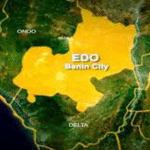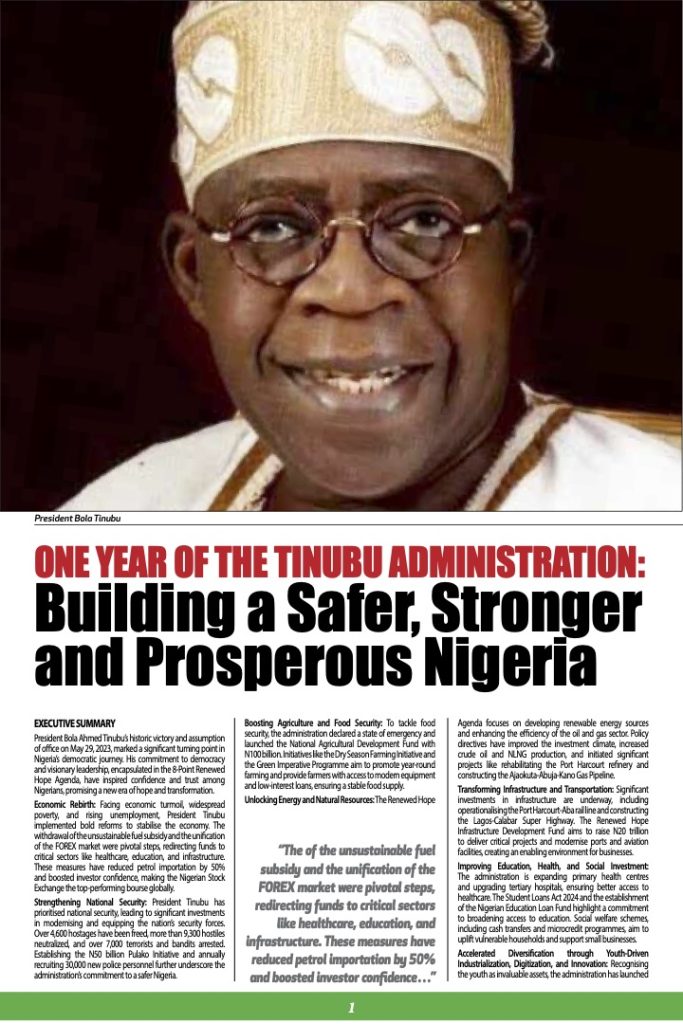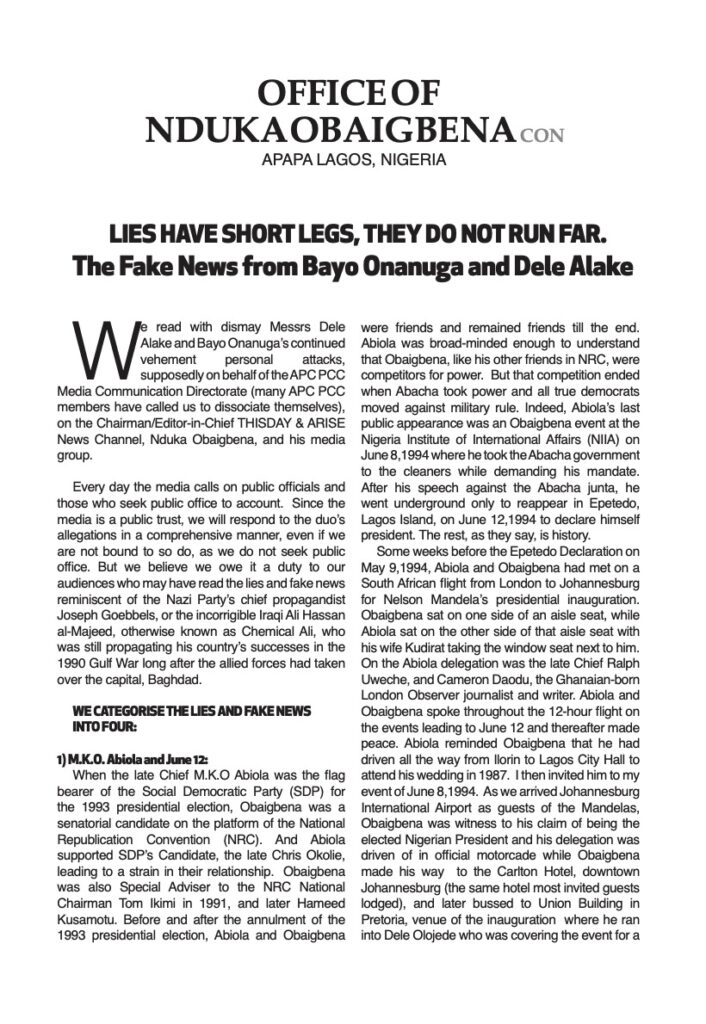Latest Headlines
ZULUM AND THE GREAT GREEN WALL

Desertification is a threat, particularly in the north. Zulum’s tree-planting campaign is commendable
From the beginning of time, trees have always served as a source of oxygen, shelter, medicine and food. Today, their value continues to increase, and more benefits of trees are being discovered as their role expands to satisfy the needs created by our modern lifestyles. Trees contribute to their environment by providing oxygen, improving air quality, climate amelioration, conserving water, preserving soil, and supporting wildlife. Because trees are that important, contemporary town planning strategy encourages project owners to build into the landscape, leaving the trees where they stand.
Even when accelerated desertification is threatening food supply in the Northern part of the country while rapid deforestation is shrinking agricultural productivity in the South, many key stakeholders are either unaware of the scale of the problem or fail to make the connections between the growing human and food security issues and the creeping effects of climate change. It is for this reason that we commend the governor of Borno State, Babagana Zulum for his tree planting programme while we urge other governors to follow his path.
In establishing the state’s agency for the Great Green Wall (GGW), Zulum said the objective is to protect Borno’s degrading environment, address problems of desertification and maintain the ecosystem. He warned against indiscriminate felling of trees and mandated the secretary to the government to liaise with the state’s lawmakers to strengthen their environmental laws. The need for consistent policies on the environment is also addressed by what is known as the Great Green Wall Accelerator.
To check the movement of the desert inward, the federal government signed into an initiative known as the Great Green Wall (GGW) that mandates countries that are exposed to the desert to plant trees as a fence to hold back the sand dunes. Launched in 2007, the GGW initiative, according to the United Nations Convention to Combat Desertification (UNCCD), snakes the Sahel region from Senegal in the West to Djibouti in the East. Eleven countries were selected as intervention zones for the Great Green Wall: Burkina Faso, Chad, Djibouti, Eritrea, Ethiopia, Mali, Mauritania, Niger, Nigeria, Senegal, and Sudan. The total area of the GGW initiative extends to 156 million hectares, and stretches 8,000 kilometres across Africa, with the largest areas located in Niger, Mali, Ethiopia, and Eritrea.
Since its launch in 2007, a lot of progress has been made in restoring the fertility of Sahelian lands, the UNCCD said. While some countries started the implementation activities as early as 2008, others joined as late as 2014, when the declaration was ratified. In Nigeria, the GGW programme is being implemented in the northern frontline states of Adamawa, Borno, Bauchi, Gombe, Jigawa, Kano, Katsina, Zamfara, Sokoto, Kebbi, and Yobe. But only Borno State has domesticated the GGW initiative, according to the Director-General and Chief Executive Officer of the NAGGW, Saleh Abubakar. “The Agency is elated and happy to note that Borno is the first state in the country to domesticate the GGW Act by establishing the State Agency and appointing the pioneer Director General,” said Saleh at Kawuri in Konduga Local Government Area of the state, where Zulum launched the state’s 2024 tree-planting exercise with 10 million assorted seedlings, a programme in the GGW initiative to hold the desert back.
We enjoin other governors, especially in the North, to join Zulum in the tree planting campaign. Trees may take a long time to grow to maturity, yet they control climate by moderating the effects of the sun, rain and wind. Their leaves absorb and filter the sun’s radiant energy, keeping things cool in hot weather. In addition to influencing wind speed and direction, they shield us from the downfall of rain. Nigeria must copy the good strategies employed by countries that have successfully controlled the impact of climate change.

















